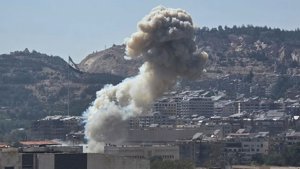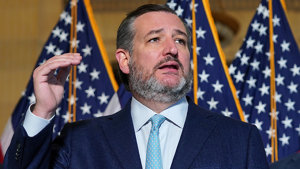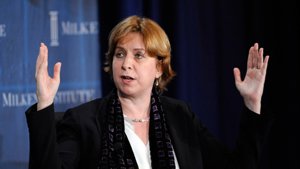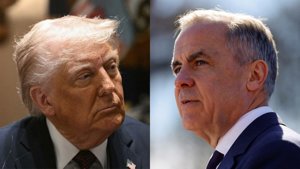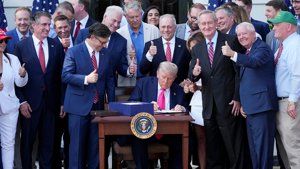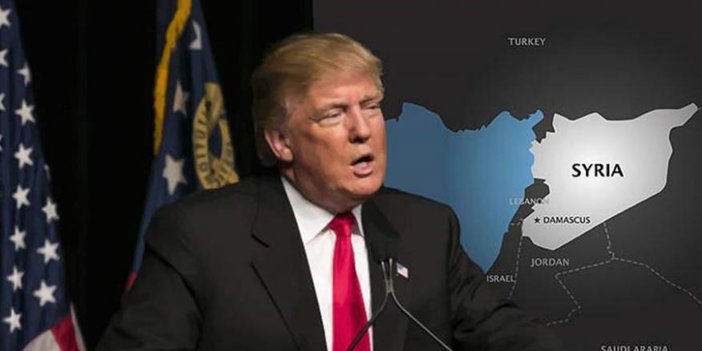
Trump to Lift Sanctions on Syria, Exclude Assad, Terror Links
Trump to lift all sanctions on Syria while keeping restrictions on Assad, human rights abusers, and terror groups.
Executive Order to Ease Pressure on Syria, Support Peace Efforts
President Donald Trump is set to sign an executive order on Monday afternoon formally lifting all U.S. sanctions on Syria, in a move described by the White House as a step toward supporting stability and peace in the war-torn nation. The new order aims to encourage Syria’s path toward unity and reconciliation, while keeping strong measures in place against those responsible for human rights abuses and terrorism.
White House Press Secretary Karoline Leavitt announced the development, clarifying that the order will remove broad sanctions on Syria but retain restrictions on the former president Bashar al-Assad, his associates, human rights violators, drug traffickers, individuals involved in chemical weapons, ISIS and its affiliates, and Iranian-backed groups. “This is in an effort to promote and support the country's path to stability and peace,” Leavitt said. She added that President Trump remains “committed to supporting a Syria that is stable, unified and at peace with itself and its neighbors.”
Sanctions Targeted for Removal, With Key Exemptions
While the executive order marks a significant shift in U.S. policy toward Syria, some sanctions will still require congressional action to be fully lifted, and others dating back to Syria’s 1979 designation as a state sponsor of terrorism remain in place. The administration has not removed Syria from that list, signaling ongoing concerns about terror affiliations.
The move follows President Trump’s meeting last month with Syria’s interim leader, Ahmed al-Sharaa, during a Middle East diplomatic visit. Al-Sharaa’s rapid transformation from a militant leader with a $10 million U.S. bounty on his head to an internationally recognized head of state has been striking. Al-Sharaa’s organization, Hay’at Tahrir al-Sham (HTS), emerged from an al Qaeda offshoot and successfully ousted Assad in March.
According to officials, al-Sharaa has actively sought rapprochement with the United States, including offering ambitious proposals such as a Trump Tower in Damascus, normalization with Israel, and U.S. access to Syrian energy resources. He has worked to reposition HTS as a more inclusive, pragmatic governing body, seeking international legitimacy and economic relief.
Regional Diplomacy and Remaining Restrictions
The new order coincides with ongoing back-channel negotiations between Israeli and Syrian officials, as both sides explore the potential for a security and normalization agreement. U.S. sanctions previously imposed sweeping financial penalties on any entity supporting the Assad regime and prohibited most U.S. transactions with Syrian businesses, particularly in the energy sector. Syrian banks also faced broad restrictions, isolating them from global financial systems.
As the administration moves to ease sanctions, it maintains significant leverage over Syria’s future. By preserving sanctions on individuals and entities associated with past abuses, terrorism, or chemical weapons, the U.S. signals its continuing commitment to accountability and reform. The coming weeks are expected to see further developments as Congress reviews the remaining sanctions and regional partners assess new opportunities for engagement with Syria.


